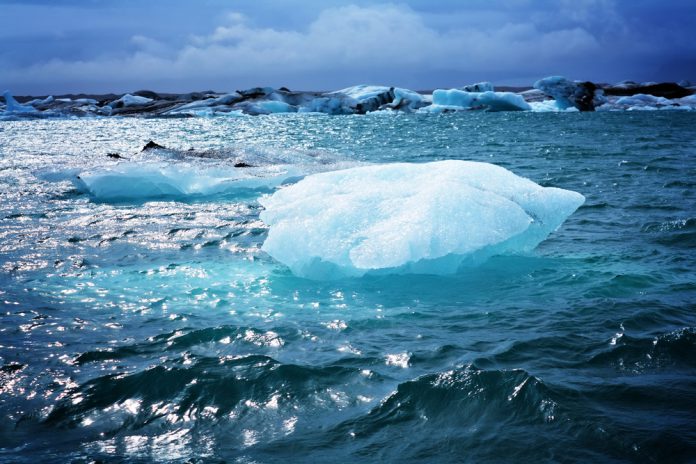The Paris Climate Change Agreement is set to come into force on the 4th November, after being ratified by 62 signatories.
The treaty concerns the regulation of global greenhouse gas emission and marks a landmark in international co-operation on climate change. The agreement was negotiated last December by representatives from different 195 countries, and is to come into force next month.
The Paris Agreement was brought into discussion in order to limit the global increase of average temperature to below 2 °C, to encourage the development of low greenhouse emission alternatives and to ensure sufficient financing to advance the cause of global climate change initiatives.
In order for the agreement to come into action, it needed to be ratified by at least 55 of its 197 signatories, as well as countries that represented 55 percent of global greenhouse emissions. Following the ratification of the treaty by the European Union, Canada and India in October 2016, the agreement gained enough signatories to bind it into force.
The relative speed of the ratification was “unprecedented in recent experience of international agreements” and a “powerful confirmation of the importance nations attach to combating climate change”.
“Above all, entry into force bodes well for the urgent, accelerated implementation of climate action that is now needed to realize a better, more secure world and to support also the realization of the Sustainable Development Goals”, Espinosa continued.
This marks a significant progression in global collaboration in tackling climate change. Other international efforts, such as the Kyoto Protocol in 1992, have arguably proved to have limited significance after encountering a major setback after the U.S failed to comply to the agreement. In 2010, the U.S accounted for 15.6 percent of global emissions and continues to be one of the worlds biggest contributors to global warming.
President Obama said of the Agreement: “Today is a historic day in the fight to protect our planet for future generations. This gives us the best possible shot to save the one planet we got. With optimism and faith and hope, we are proving it is possible.”
However critics, including Secretary General of the United Nations Ban Ki-moon, maintain that lack of mechanisms for legally binding signatories will limit its effectiveness. Whilst the U.S has been thus far complicit with Paris negotiations, doubts remain over whether the U.S will indeed meet emission targets.

